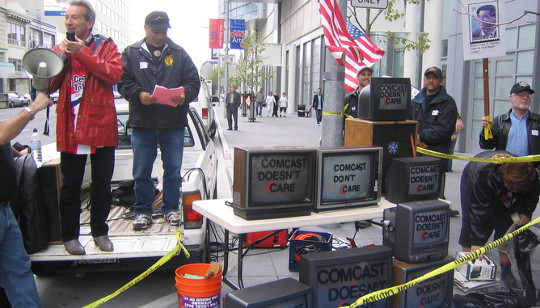 No one disputes the importance of affordable access to high-speed internet for economic growth in the 21st century. The United States has seen consistent and rapid growth in its broadband infrastructure since the internet became popular in the 1990s, offering more households and businesses connectivity at faster speeds.
No one disputes the importance of affordable access to high-speed internet for economic growth in the 21st century. The United States has seen consistent and rapid growth in its broadband infrastructure since the internet became popular in the 1990s, offering more households and businesses connectivity at faster speeds.
 The World Health Organization (WHO) has just released its Global Status Report on Noncommunicable Diseases, the second in a series tracking worldwide progress in the prevention and control of cancers, lung disease, diabetes and cardiovascular disease. It focuses on how to reach the internationally agreed overarching target of a 25% reduction of premature mortality from these four major non-communicable diseases by 2025.
The World Health Organization (WHO) has just released its Global Status Report on Noncommunicable Diseases, the second in a series tracking worldwide progress in the prevention and control of cancers, lung disease, diabetes and cardiovascular disease. It focuses on how to reach the internationally agreed overarching target of a 25% reduction of premature mortality from these four major non-communicable diseases by 2025.
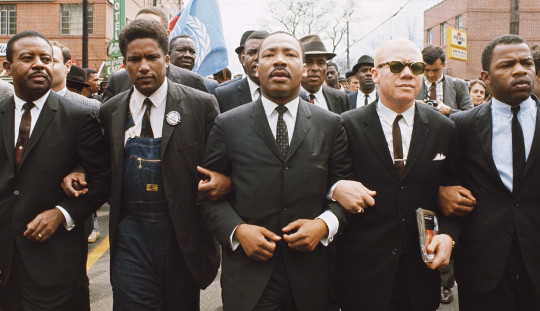 Hollywood films that depict American history deeply influence our sense of national identity. Films that portray Civil Rights and Black Freedom history are particularly important.
Hollywood films that depict American history deeply influence our sense of national identity. Films that portray Civil Rights and Black Freedom history are particularly important.
- By Robert Reich
 Jobs are coming back, but pay isn’t. The median wage is still below where it was before the Great Recession. Last month, average pay actually fell. What’s going on?
Jobs are coming back, but pay isn’t. The median wage is still below where it was before the Great Recession. Last month, average pay actually fell. What’s going on?

Germany has sent the message that a Greek exit from the eurozone might be the lesser of two evils. It has been interpreted as a warning to the Greek electorate ahead of its January 25 election as left-wing party Syriza runs on a platform of easing the country’s debt and austerity burden.
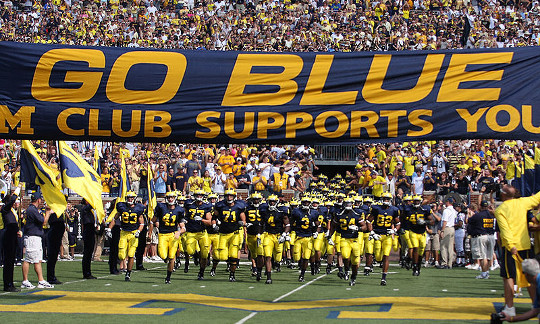
One of the big end of the year sports news items was Jim Harbaugh leaving the San Francisco 49ers to become head football coach at the University of Michigan.

The conventional image of suburbia is one of bland affluence and social homogeneity. Suburbs are where the middle classes aspire to make their nests. They are the idealised safe havens for raising children and growing old. They are where white people migrate to flee ethnic diversity.

A modest change in an accounting rule is normally too much inside baseball to attract notice. But a proposal by the institutions that set accounting standards for publicly traded companies is prompting criticism from Congress and corporate America, backed by estimates that the change could kill millions of US jobs.

Oil prices have now almost halved in six months to below $60/barrel thanks to OPEC’s refusal to cut production. This means all the member countries are revising their government spending policies. While countries such as Iran and Venezuela face an imminent fiscal crisis, the short-term ramifications for the Arabian peninsula’s oil monarchies are less dramatic.
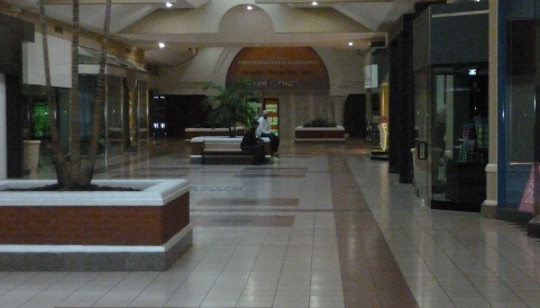
Department stores and other brick-and-mortar retailers registered another lackluster holiday shopping season, while online sales have remained upbeat since Cyber Monday. As more consumers spend a larger share of their dollars online, does this signal the days of shopping at department stores and shopping malls are numbered?
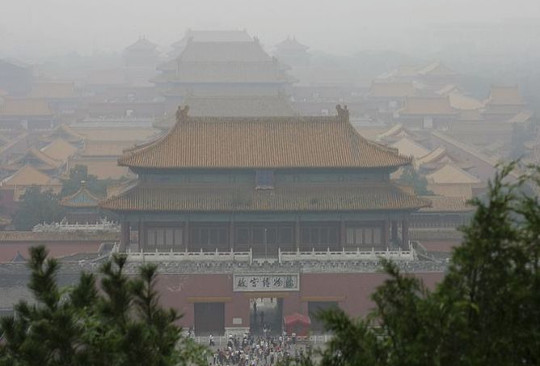
Apple’s product launches are covered with breathless enthusiasm usually reserved for royal weddings and vaccines for dread diseases. The recent launch of the iPhone6 featured an exciting new technology - ApplePay - which, if widely adopted, will allow Apple’s discerning customers to make electronic payments from their phones in situations where they would have used credit cards or cash.
- By Robert Reich
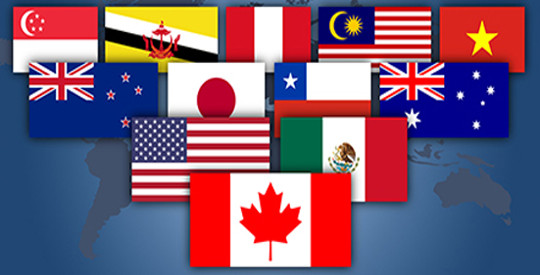
Republicans who now run Congress say they want to cooperate with President Obama, and point to the administration’s Trans-Pacific Partnership, or TPP, as the model. The only problem is the TPP would be a disaster.
Let me tell you about this one stretch of Hillsborough Road in Durham, North Carolina. It’s between two freeways, just a short drive from the noble towers of Duke University, and in the space of about a mile, you will find a McDonald’s, a Cracker Barrel, a Wendy’s, a Chick-fil-A, an Arby’s, a Waffle House, a Bojangles’, a Biscuitville, a Subway, a Taco Bell, and a KFC.
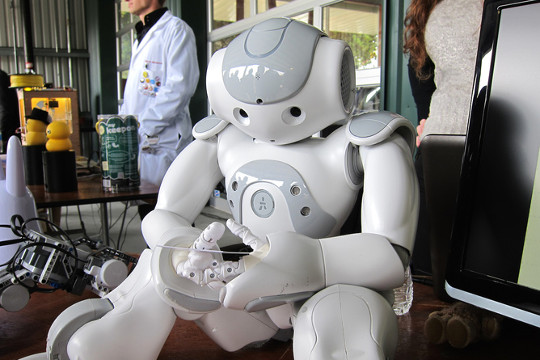
It is a sobering thought that in ten years, around 65% of the jobs that people will be doing have not even been thought of yet, according to the US Department of Labor.
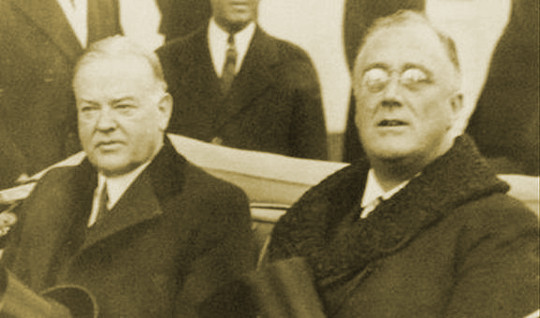
With the holiday season upon us, the time for end of year lists is fast-approaching. To beat the rush, today I give my list of the top dead and enduring myths of 2014.
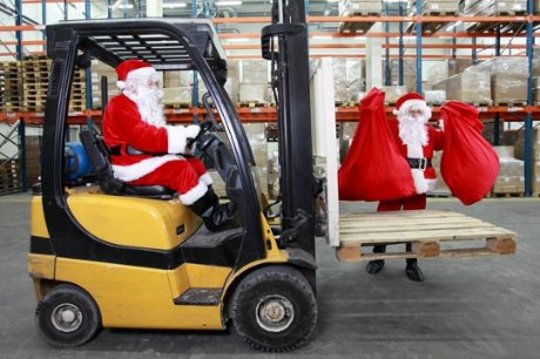
Religious aspects aside, for many people Christmas has been that unique time of the year when the demands of work finally disappear, if only for a brief period.
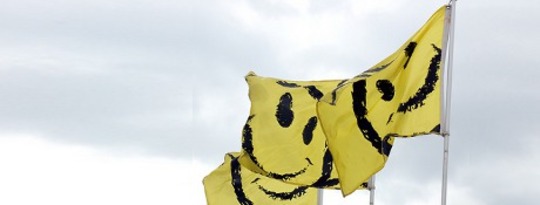
Imagine if a corporation used Gross Domestic Product (GDP) accounting to do its books: it would be adding all its income and expenses together to get a final number.
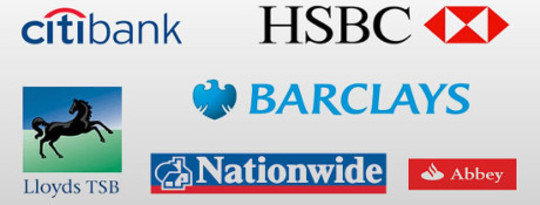
On the weekend of November 16th, the G20 leaders whisked into Brisbane, posed for their photo ops, approved some proposals, made a show of roundly disapproving of Russian President Vladimir Putin, and whisked out again. It was all so fast, they may not have known what they were endorsing when they rubber-stamped the Financial Stability Board’s “Adequacy of Loss-Absorbing Capacity of Global Systemically Important Banks in Resolution,” which completely changes the rules of banking.
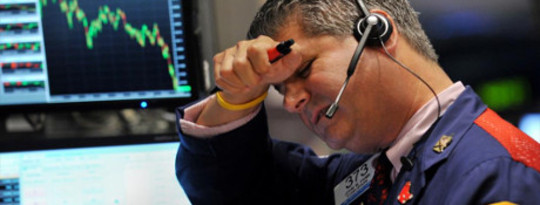
The subprime crisis and the subsequent failure of Lehman Brothers came as such a shock – and the repercussions were so severe that when the time came to mount a response, policy makers were as surprised as the rest of us and woefully unprepared.

It’s no secret that the global population is ageing. We’re living longer than ever and are healthier until much later in life. But we’re still struggling to adapt to this changing demographic – and some are struggling more than most.

The fragmentation of global production has dramatically increased the length and complexity of supply chains. The Organisation for Economic Co-operation and Development (OECD) estimates that more than half of the world’s manufactured imports are intermediate goods.
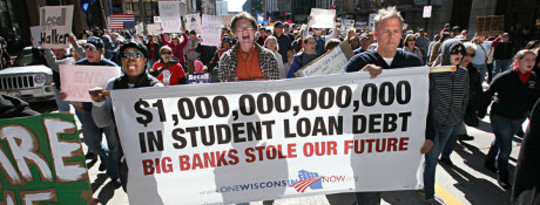
Instead of loaning students money, the federal government could just pay for their tuition, without causing any significant economic problems. Last month, Lower Saxony became the final state in Germany to abolish tuition for all students at public universities.
- By Ralph Nader
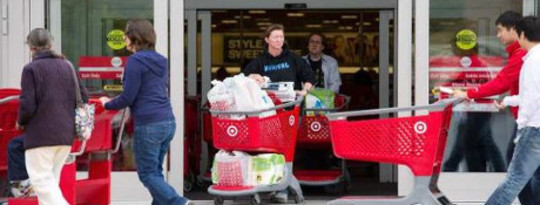
How do corporate attorneys sleep at night considering that with the power of their large corporate clients, they often crush the freedoms of workers, consumers and small communities who are trying to break out of a complex web of shackles?













